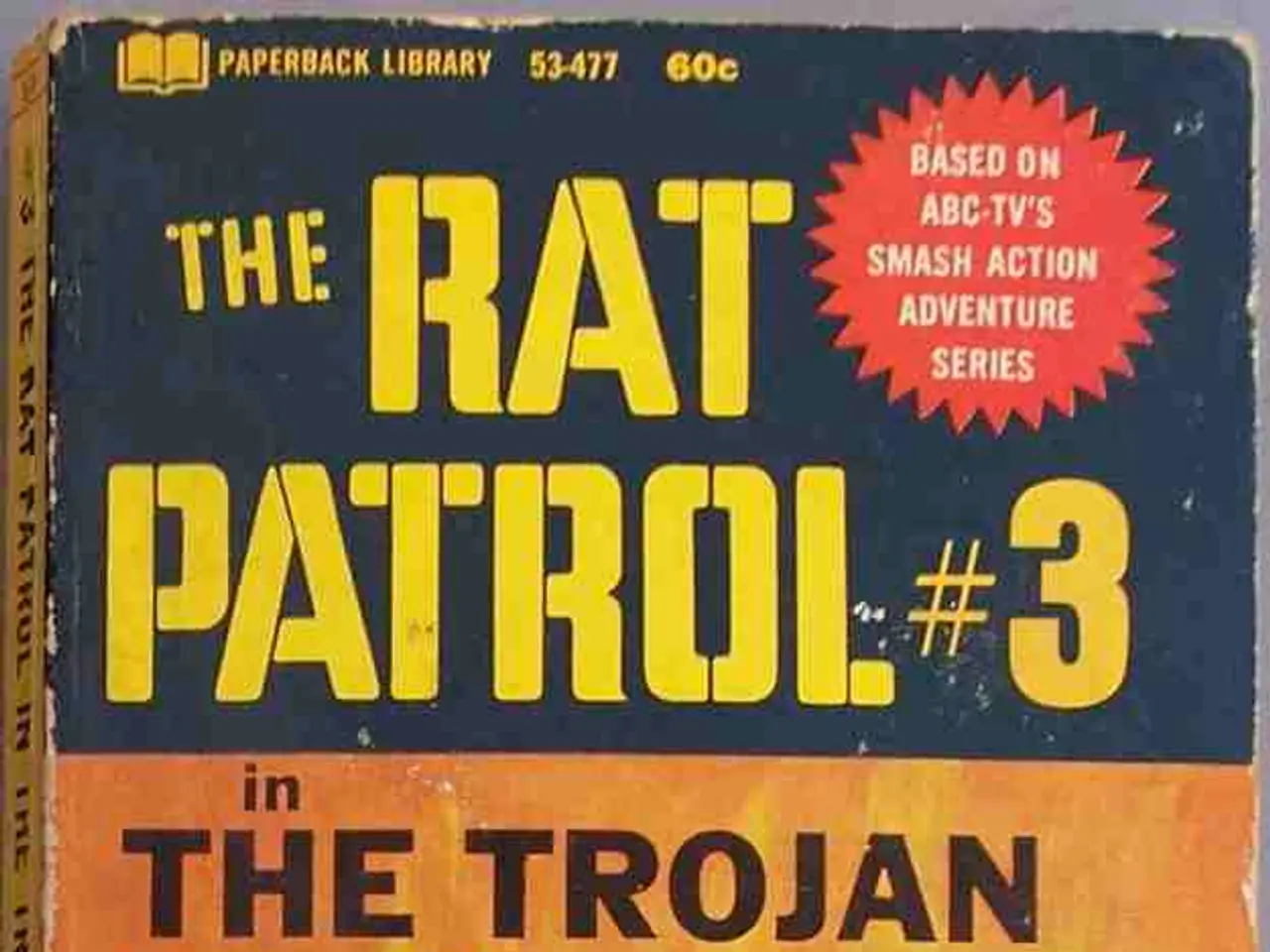Uncovering of Gestapo Victims' Remains, Hall in Tyrol on May 12, 1945
In the aftermath of World War II, the US Army conducted a series of investigations in the Austrian city of Innsbruck, uncovering evidence of war crimes committed by local Gestapo officials.
The crimes of SS Untersturmführer Martin Schott and Max Nedwed, a high-ranking Gestapo official in Innsbruck, came to light soon after the US Army's occupation of the city. On the evening of April 23, Schott was reported to have executed eight Soviet and Polish prisoners of war at the so-called work education camp Reichenau.
Franz Ringer, an Innsbruck police officer and former Dachau concentration camp inmate, provided crucial support to the US military authorities in their investigations. Ringer, who had first-hand knowledge of the Gestapo's activities in the city, shared valuable information about their crimes during the war.
In response to these revelations, the US Army initiated a formal investigation into the crimes committed by Nedwed, Schott, and other members of the Gestapo in Innsbruck. On May 12, the 7th US Army's War Crimes Investigation Section carried out the exhumation of the buried victims, with Lt. Bert C. Engel leading the process. Schott was present during the exhumation, and a photograph shows Engel leading Schott to the exhumed bodies, with Ringer in the background.
The exhumed victims were brought to the Innsbruck morgue for further examination. Lt. Engel identified the body of Robert Moser, an Innsbruck resident who had been tortured to death by Gestapo officers days earlier.
Arrest warrants were issued for both Nedwed and Schott for their crimes against humanity. The US Army arrested several Gestapo officials in Innsbruck, including Schott, on charges of war crimes.
The US Army announced that it would seek the death penalty for both Nedwed and Schott if they were found guilty of their crimes. The military tribunal established to try the two men heard testimony and evidence regarding their alleged war crimes.
However, it is important to note that there is no historical record or credible source indicating that Max Nedwed led a regime in Innsbruck or that he was associated with any victims under such a regime. Similarly, there is no well-documented connection involving an OSS agent named Fred Mayer related to such events in Innsbruck.
The investigation and subsequent arrests and trials marked a significant moment in the pursuit of justice for the victims of the Gestapo in Innsbruck. The events serve as a reminder of the importance of holding those responsible for war crimes accountable for their actions.
- The investigation into the Gestapo's activities in Innsbruck during the war and the subsequent arrests of high-ranking officers, such as SS Untersturmführer Martin Schott, fell under the category of general news and crime and justice, as part of the US Army's efforts to address war-and-conflicts-related crimes.
- The US Army's historically significant investigations in Innsbruck, including the uncovering of war crimes committed by the Gestapo and the subsequent trials, contributed significantly to the field of politics, as they embodied the pursuit of justice and accountability for those responsible for acts of war and human rights abuses.








